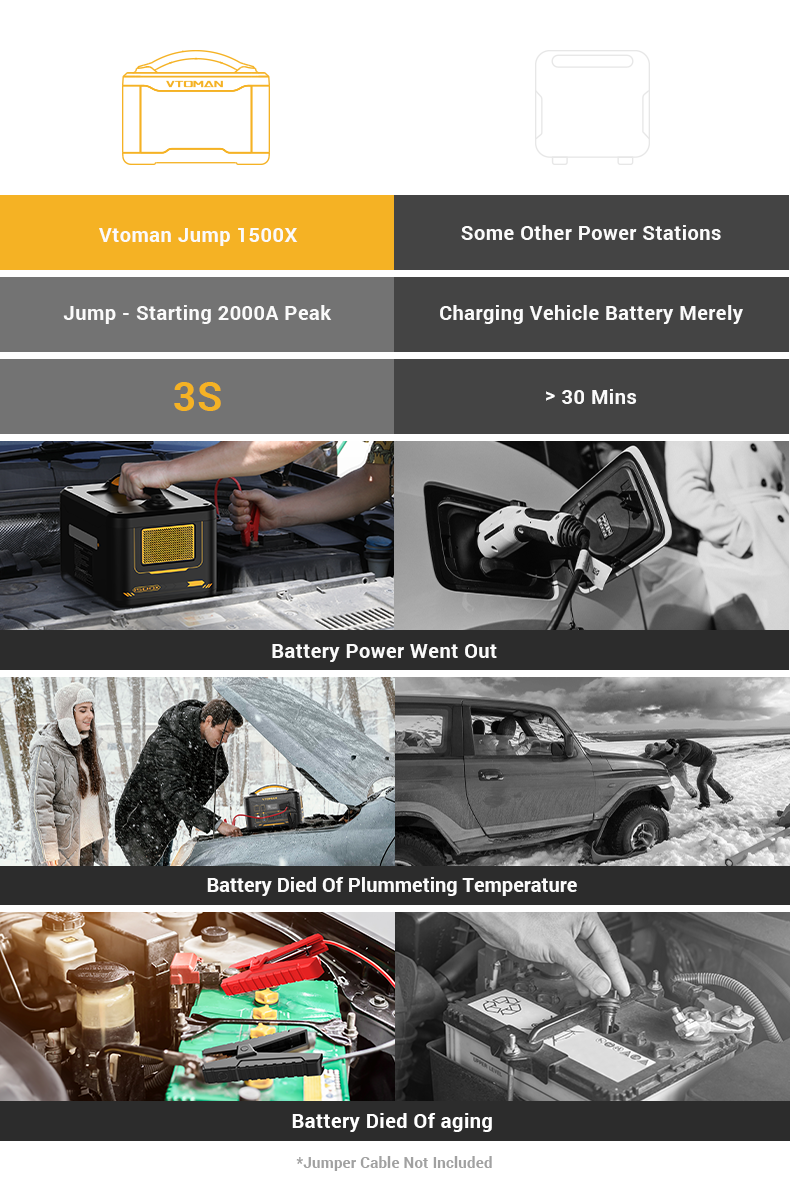Exploring the Best Camping Generators for Different Outdoor Environments
Cuerpo
When it comes to camping, having a reliable source of power is essential. Whether you need to charge your devices, power your camping appliances, or run lights and fans, a camping generator can provide the electricity you need. In this article, we will explore the best camping generators for different outdoor environments, ensuring you have the information you need to make an informed decision.

Understanding the Different Types of Camping Generators
Before diving into the best camping generators, it's important to understand the different types available. There are three main types of camping generators: inverter generators, conventional generators, and solar generators.
Inverter generators are known for their quiet operation and clean power output. They are lightweight and portable, making them ideal for camping trips. Conventional generators, on the other hand, are more powerful and can handle larger loads. They are typically louder and heavier than inverter generators, but they are also more affordable.
Solar generators are a great option for eco-conscious campers. They harness the power of the sun to generate electricity, making them a clean and renewable energy source. However, they are dependent on sunlight and may not be suitable for all camping environments.
Factors to Consider When Choosing a Camping Generator
When selecting a camping generator, there are several factors to consider:
Power Output
The power output of a camping generator is measured in watts. It's important to determine how much power you will need to run your camping appliances and devices. Consider the wattage of each item and add them up to ensure the generator can handle the load.
Portability
Portability is crucial when it comes to camping generators. You want a generator that is lightweight and easy to transport. Look for models with built-in handles or wheels for added convenience.
Fuel Type
Camping generators can run on various fuel types, including gasoline, propane, and diesel. Consider the availability and cost of the fuel in your camping area. Additionally, some generators offer the option to use multiple fuel types, providing flexibility in different environments.
Noise Level
If you prefer a quiet camping experience, noise level is an important factor to consider. Inverter generators are known for their quiet operation, making them a popular choice for campers who value peace and tranquility.
Exploring the Best Camping Generators for Different Outdoor Environments
Now that we have a better understanding of camping generators and the factors to consider, let's explore some of the best options for different outdoor environments:
Camping in National Parks
When camping in national parks, it's important to choose a generator that complies with the park's regulations. Look for generators that are labeled as "quiet" or "national park-friendly" to ensure you don't disturb the natural surroundings and wildlife.
Off-Grid Camping
For off-grid camping, where access to electricity is limited or non-existent, solar generators are an excellent choice. They can be charged during the day using solar panels and provide a reliable source of power throughout your camping trip.
Camping in Remote Locations
When camping in remote locations, reliability is key. Look for generators that have a reputation for durability and dependability. Inverter generators are often a good option due to their portability and ability to provide clean power.
Camping in RVs
If you're camping in an RV, you may require a more powerful generator to handle the additional appliances and systems. Conventional generators are a popular choice for RV camping due to their higher power output and ability to handle larger loads.
Remember, when choosing a camping generator, it's important to consider your specific needs and the environment in which you will be camping. By understanding the different types of generators and the factors to consider, you can find the best camping generator for your outdoor adventures.










Comentarios